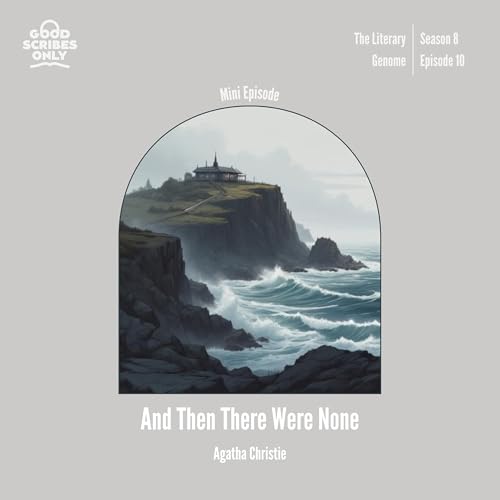About the Book:
First published in 1843, A Christmas Carol is Charles Dickens’ enduring tale of redemption, memory, and moral awakening. The story follows Ebenezer Scrooge, a miserly old man visited on Christmas Eve by the ghosts of Christmas Past, Present, and Yet to Come. Through these supernatural encounters, Scrooge is forced to confront the life he has lived, the harm he has caused, and the future he is racing toward.
Both intimate and expansive, A Christmas Carol blends social critique with warmth, humor, and profound compassion. Dickens’ novella is not simply a holiday story, but a meditation on generosity, responsibility, and the possibility of change. More than 180 years after its publication, its message remains timeless: that it is never too late to choose kindness, connection, and grace.
About the Author:
Charles Dickens (1812–1870) was an English novelist and social critic whose work helped define Victorian literature. Born into poverty and shaped by his own experiences with child labor and debtors’ prisons, Dickens became one of the most widely read and influential writers of the 19th century. His novels often exposed social injustice while celebrating human resilience and empathy.
Dickens wrote some of the most enduring works in the English language, including Great Expectations, Oliver Twist, David Copperfield, and Bleak House. With A Christmas Carol, he created a story that transcended literature to become a cultural touchstone, reshaping how Christmas itself was imagined and celebrated. His legacy endures as a writer who believed deeply in the power of storytelling to awaken conscience and inspire change.
Website
TikTok
Instagram
YouTube
Newsletter
Jeremy's Website
Dan's Website
 2026/01/2917 分
2026/01/2917 分 1 時間
1 時間 2026/01/0820 分
2026/01/0820 分 1 時間 3 分
1 時間 3 分 30 分
30 分 2025/12/1816 分
2025/12/1816 分 2025/12/111 時間 2 分
2025/12/111 時間 2 分 2025/11/2713 分
2025/11/2713 分
